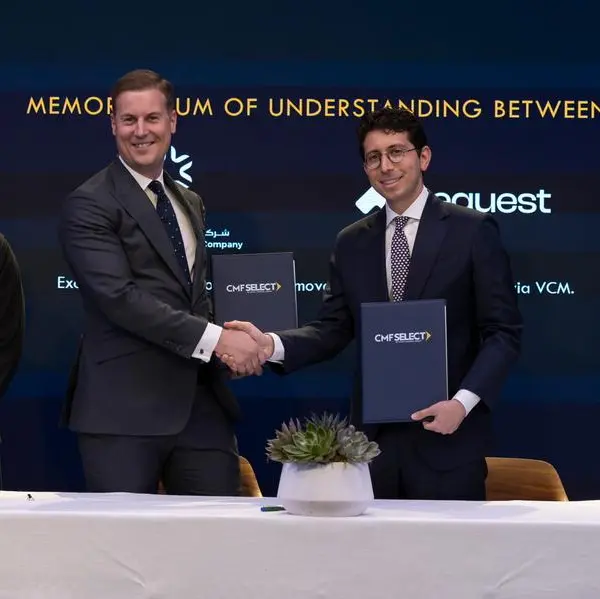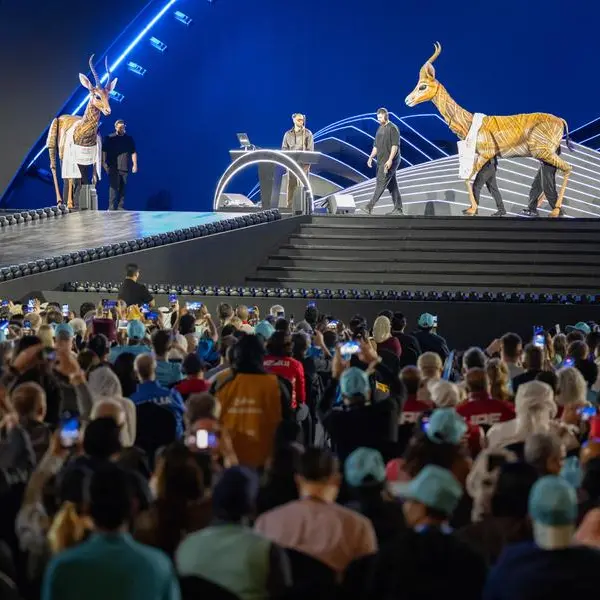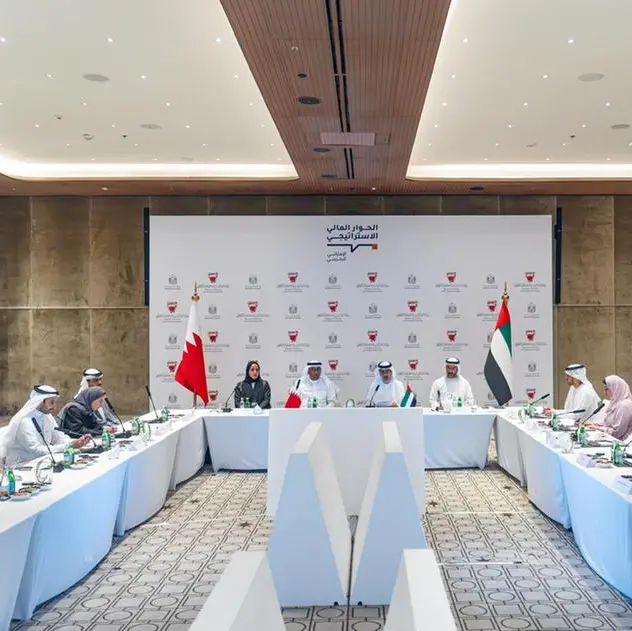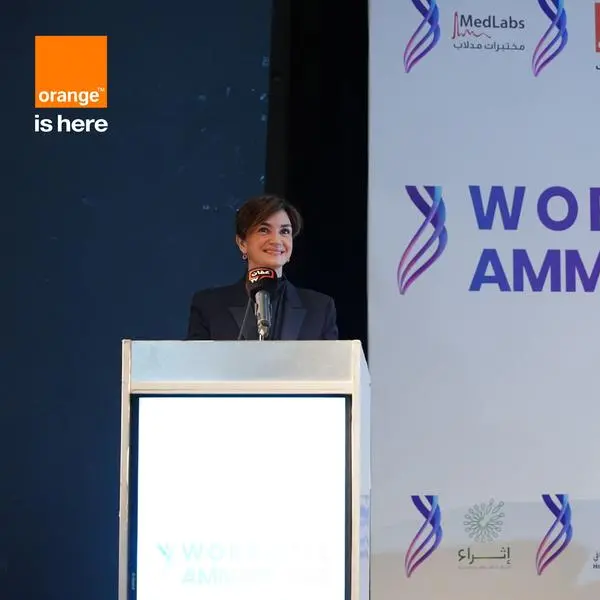Internship program acclimates students to research environment
Doha, Qatar, 3 December 2012
Six undergraduate students put their research skills and technical knowledge to the test as part of the "Hot Summer, Cool Research" internship program at Qatar Computing Research Institute (QCRI).
The students, who are enrolled at Qatar University and Carnegie Mellon University in Qatar, were presented with the challenge of developing a viable computer assisted language learning (CALL) iPad application, working with QCRI's Arabic Language Technologies team.
The students presented their final product today to QCRI's management team and scientists, university faculty, and other stakeholders involved in Arabic language technologies efforts in Qatar.
"QCRI is committed to optimising opportunities for young, talented students to gain invaluable, practical work experience in computer research," said Dr Ahmed Elmagarmid, Executive Director of QCRI. "To achieve the objectives of the Qatar National Research Strategy, it is essential to develop Qatar's future research capacity through hands-on educational and training programs."
"We designed our summer internship program to involve the students and get them interested in developing a solution to a real challenge faced today by society, and one as important as Arabic language," added Dr Stephan Vogel, principal scientist of Arabic Language Technologies at QCRI.
The goal for the students' research project was to develop an e-learning application for the Arabic language using speech and pattern recognition. The students were required to make the application intuitive, interactive and intelligent, by gauging and adapting the exercise modules according to the user to maximise learning. To achieve this they analysed existing CALL and e-learning apps to identify weaknesses and strengths, read papers on optical character recognition and speech recognition, and designed and implemented various training modules to support learners of elementary Arabic in practising their language skills through listening, reading, speaking, and writing.
The result was a product they named 'Arabia.'
"The students who took part in our undergraduate internship program worked very hard to deliver the first version of the application," said Dr Francisco Guzman, scientist at QCRI. "The end result is a workable prototype - one that we can expand upon to prepare for market release. We are proud of the results of the first program."
The students who participated in the program were Alaa Mohamed Moosa, Alkhzami Salman Al-Harami and Mohamed Agabain Agabain from Qatar University, and Amna Ahmed Alzeyara, Baljit Singh and Sabih Bin Wasi from Carnegie Mellon University in Qatar.
"I was excited to work on this project with QCRI," said Sabih, who was responsible for the design and architecture of 'Arabia'. "With so many non-native speakers coming to the region needing to communicate with each other, I saw a real purpose for this kind of application. When designing the interface we felt it was important to integrate the rich Arabic culture of the region with the application to create an experience which would motivate the user to learn the language."
After presenting the results of their work, the students were presented with a certificate acknowledging their participation in the program.
-Ends-
About QCRI
Qatar Computing Research Institute (QCRI) was established in 2010 by Qatar Foundation for Education, Science and Community Development, a private, non-profit organization that is supporting Qatar's transformation from a hydrocarbon-based economy to knowledge-based economy.
QCRI supports Qatar Foundation's mission to build Qatar's innovation and technology capacity by focusing on large-scale computing challenges that address national priorities for growth and development.
In doing this, QCRI conducts world-class multidisciplinary computing research that is relevant to the needs of Qatar, the wider Arab region, and the world. It performs cutting-edge research in such areas as Arabic language technologies, social computing, data analytics, and cloud computing.
The research conducted at QCRI is aligned with the Qatar National Research Strategy and supports the strategic priorities outlined in the Qatar National Vision 2030. For more information, please visit www.qcri.qa.
For more information, please contact:
Kimberly Mathern
QCRI Communications Manager
Tel: +(974) 4454 2515
Email: kmathern@qf.org.qa
© Press Release 2012



















